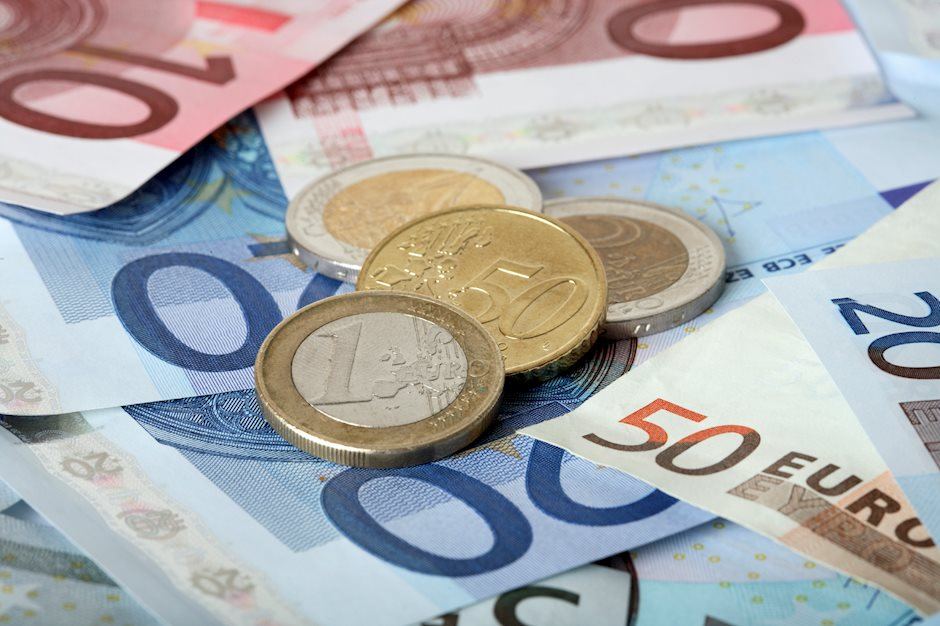EUR/USD: Will the ECB be worried by a move above 1.20? - ING

When the ECB last met to discuss monetary policy on July 20th, concerns were expressed about the risks of the EUR ‘overshooting’, notes the analysis team at ING.
Key Quotes
“Since then EUR/USD has rallied a further 5% and the ECB’s trade-weighted EUR is up close to 3%. The ECB was right to worry. Certainly, the speed of the move has surprised the market as well. The EUR/USD consensus, as published on August 7th by Consensus Economics, was rooted at 1.15 until end 2018. Rising traded volatility in the FX option markets also suggests the scale of the move was unexpected.”
“The ECB will worry this euro strength is coming too early for the Eurozone recovery and in particular too early in the ECB’s battle to return inflation back to target of close to, but just below 2%. The stronger euro should leave its marks on the next round of ECB staff projections, which are also due at next week’s meeting. The appreciation of the euro since the June forecasts could easily shave off 0.4 percentage points from the ECB’s growth forecasts and around 0.2 pps off the inflation forecast. However, the ECB will take some solace from lower bond yields, which should partly offset the impact from the stronger currency on growth and inflation.”
“More generally, the strong domestic economy should shield the Eurozone against too negative an impact from a stronger euro. Still, even if there is no reason for the ECB to panic, worries will grow.”
“Even if the absolute level of the euro is still around its historical average, the change over the last few months would clearly qualify what the ECB in the past referred to as “brutal movements’. Anecdotal reports suggest eurozone central bankers have seen 8-10% appreciations in EUR/USD, over short periods (two to three months), as far too abrupt for European corporates.”
“The problem with a stronger euro is also that it will hurt the Eurozone economies asymmetrically. Normally, a stronger euro would first hurt countries which could potentially also suffer from tapering. Italy, for example, is one of the countries which has benefitted significantly from the weak euro in recent years.”
Author

Sandeep Kanihama
FXStreet Contributor
Sandeep Kanihama is an FX Editor and Analyst with FXstreet having principally focus area on Asia and European markets with commodity, currency and equities coverage. He is stationed in the Indian capital city of Delhi.

















